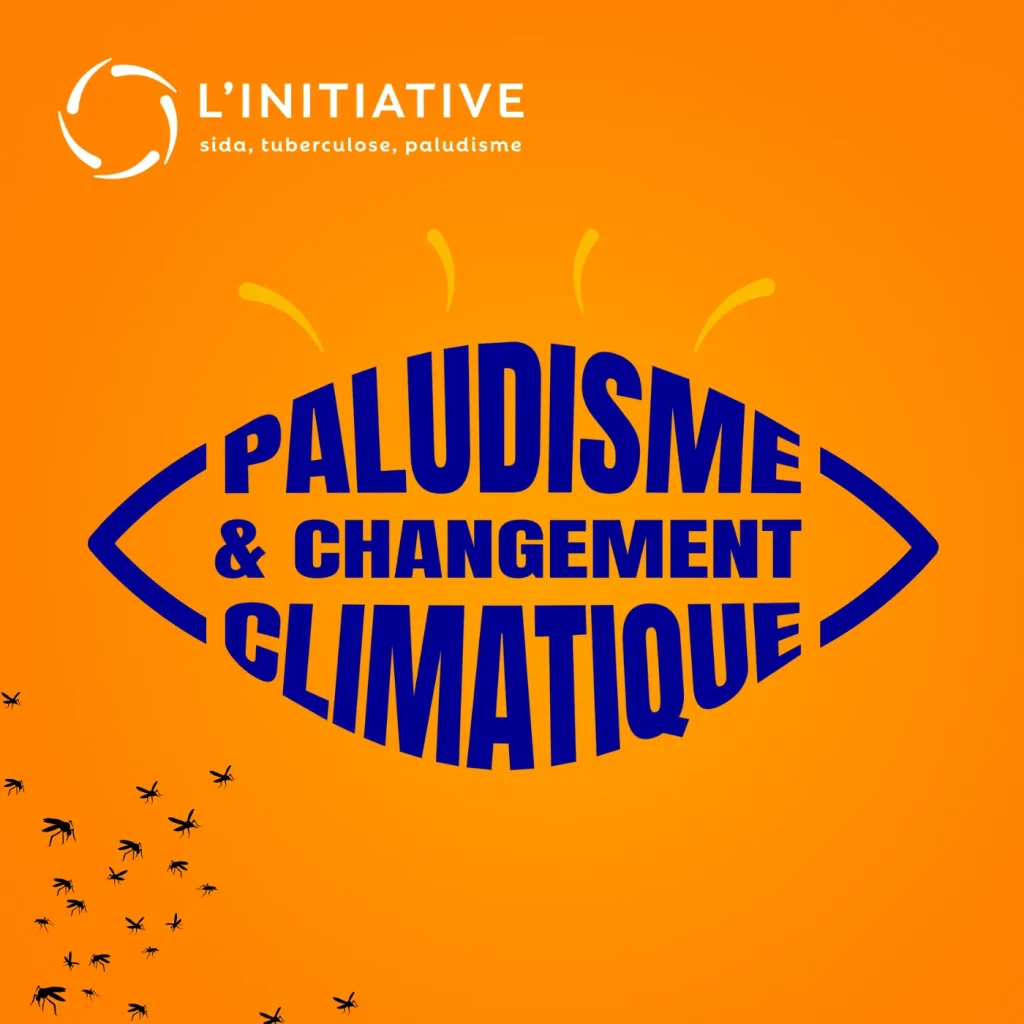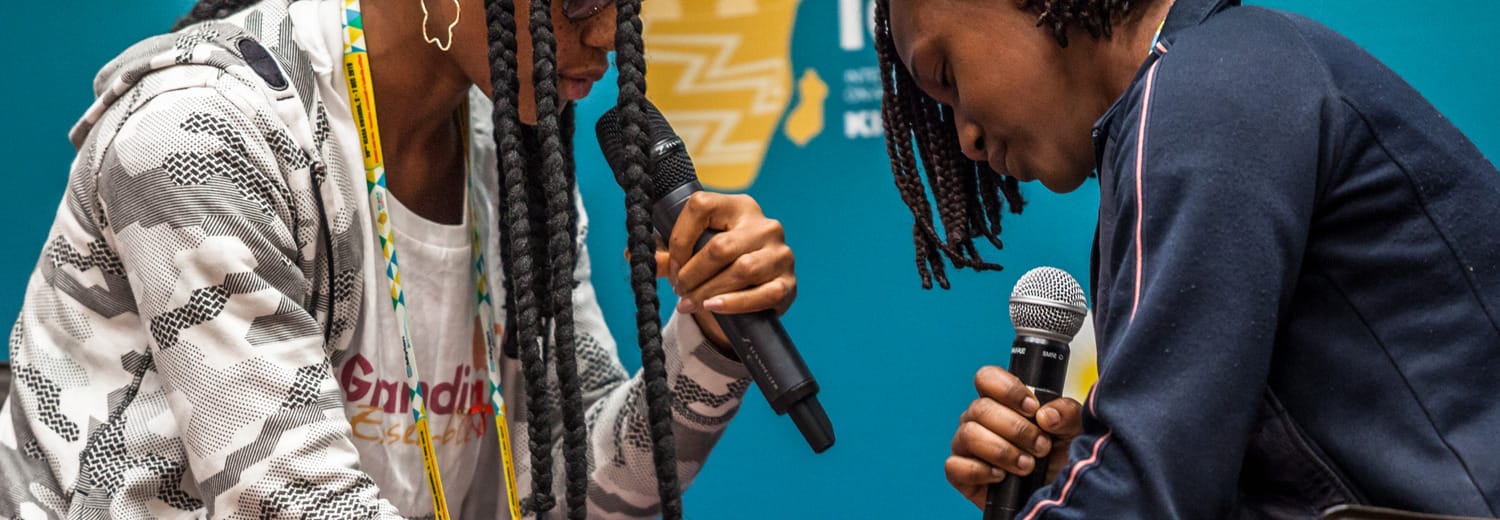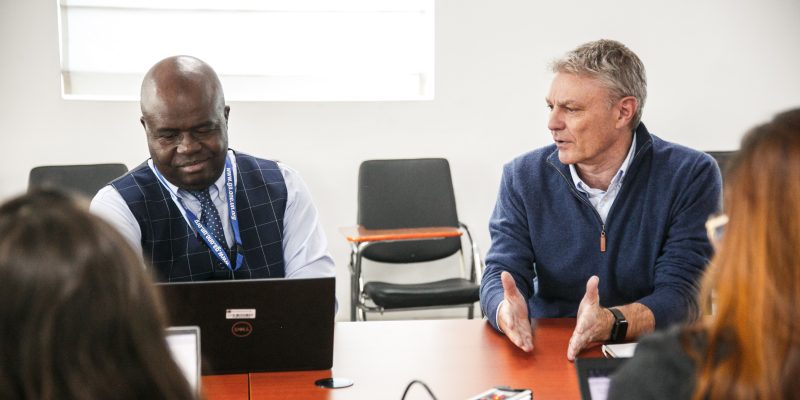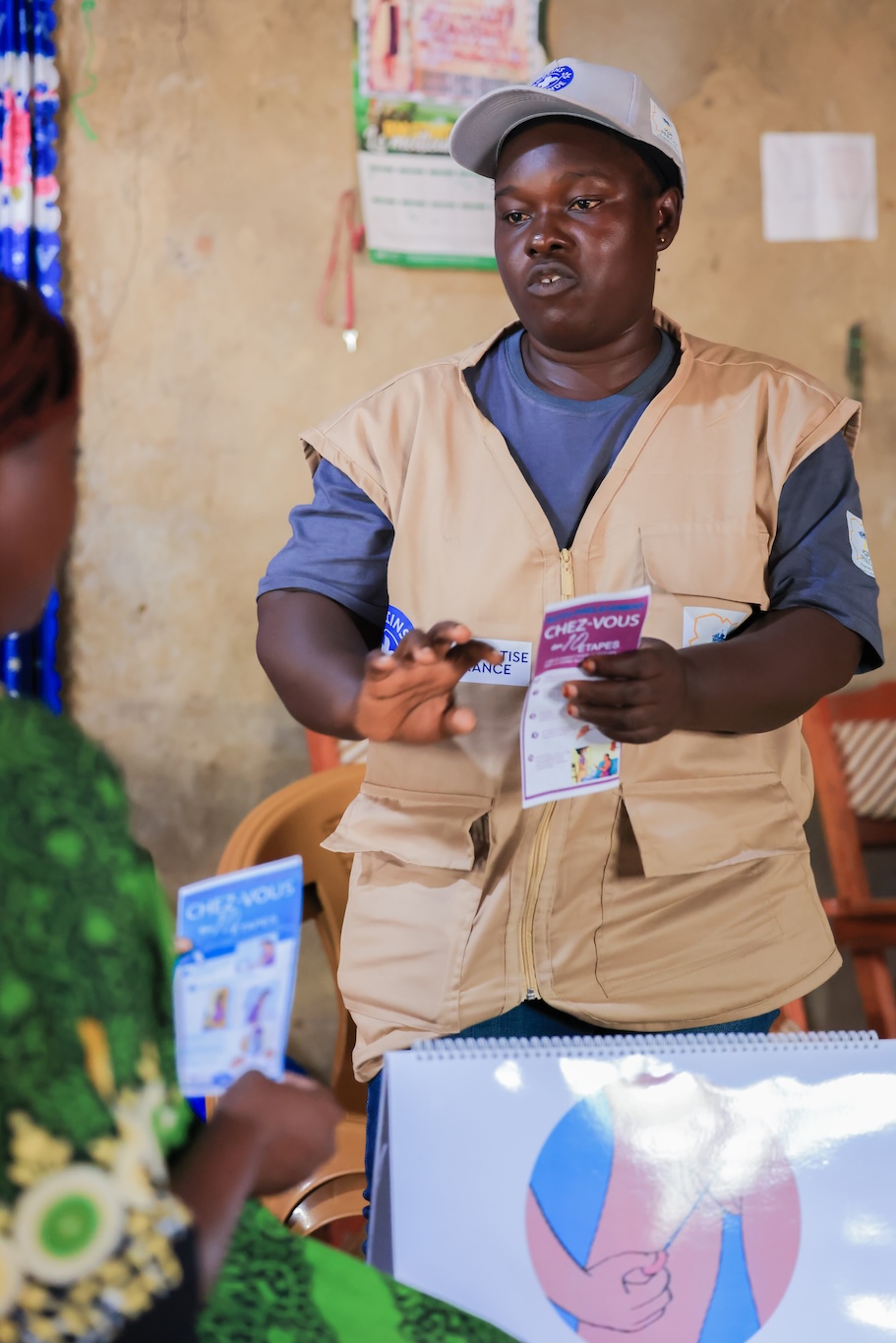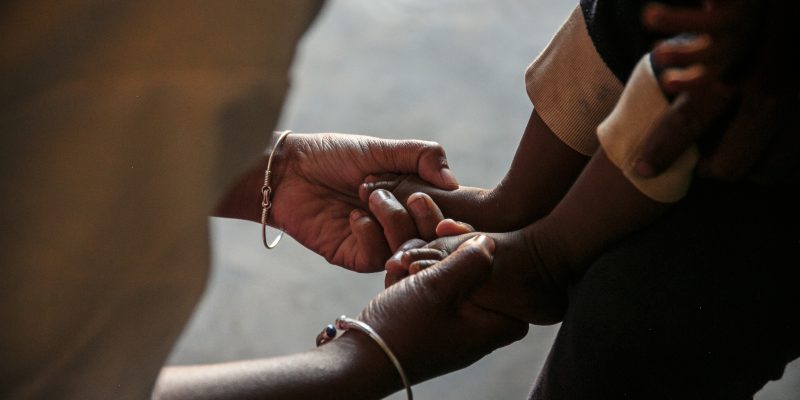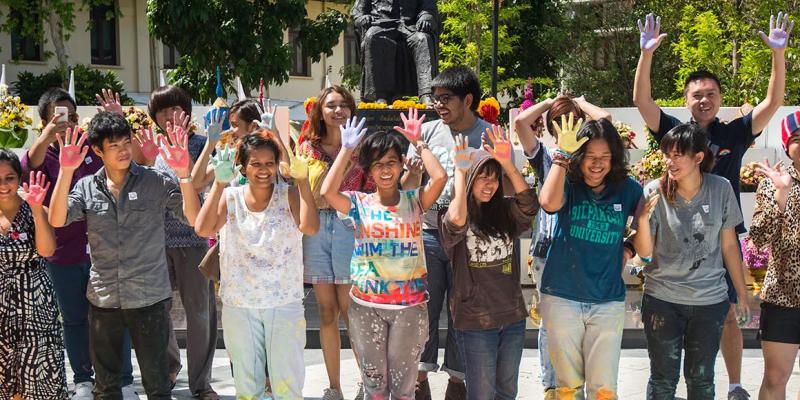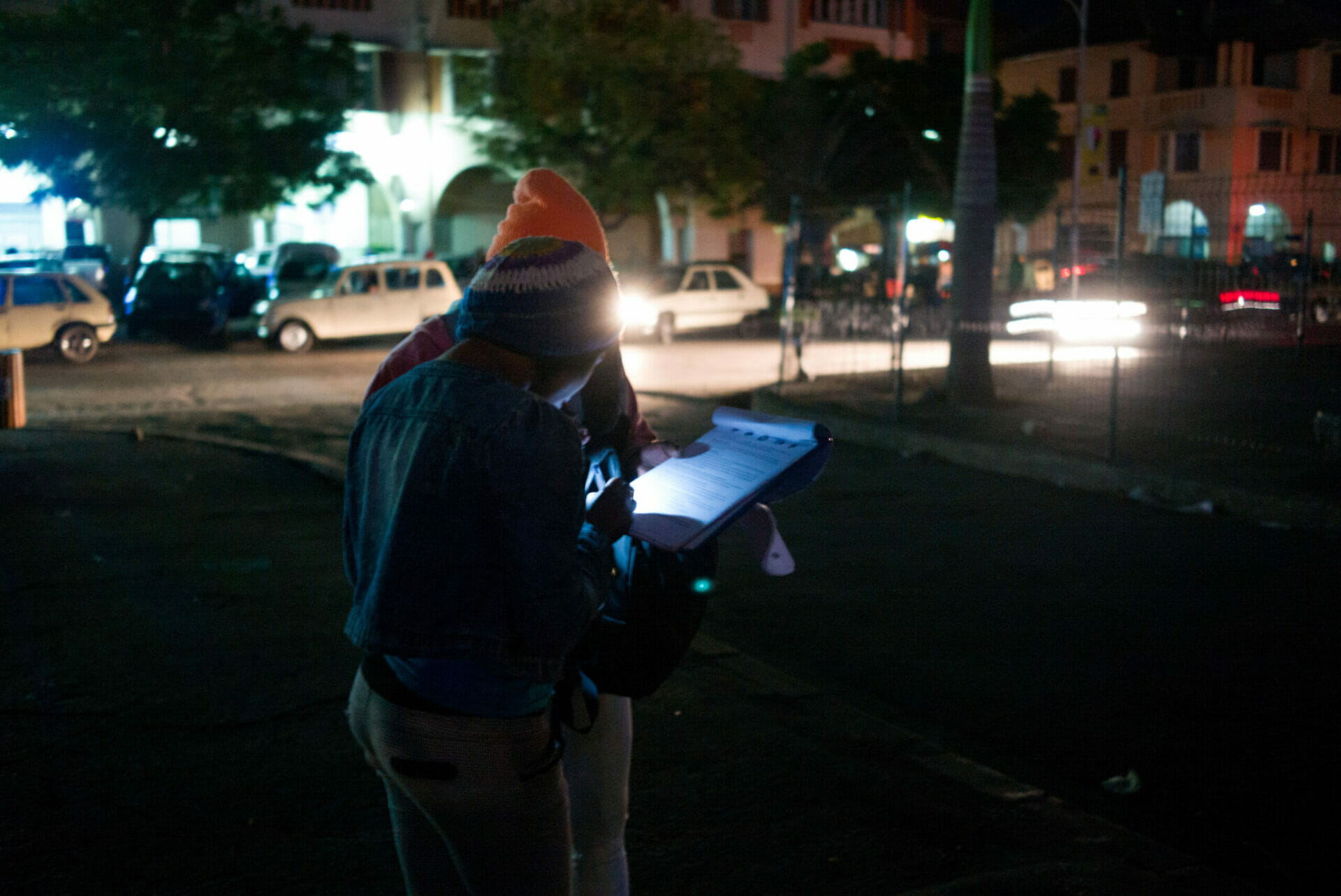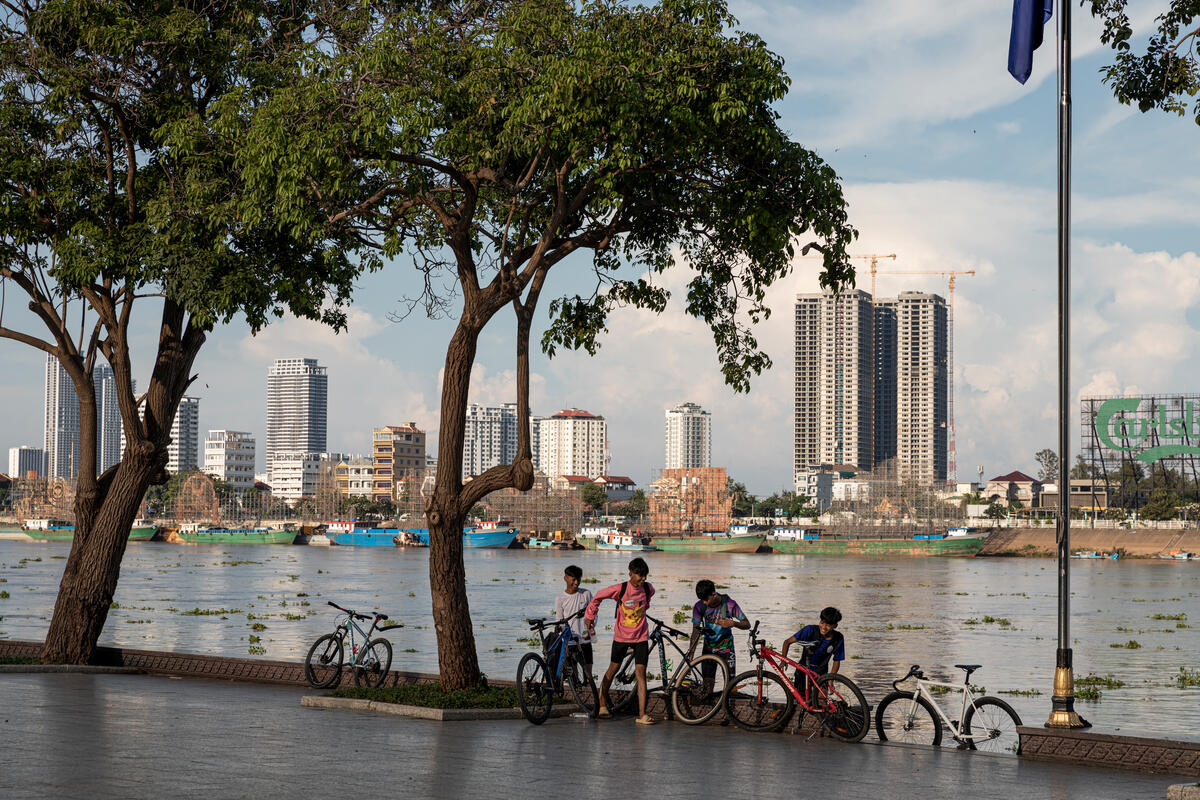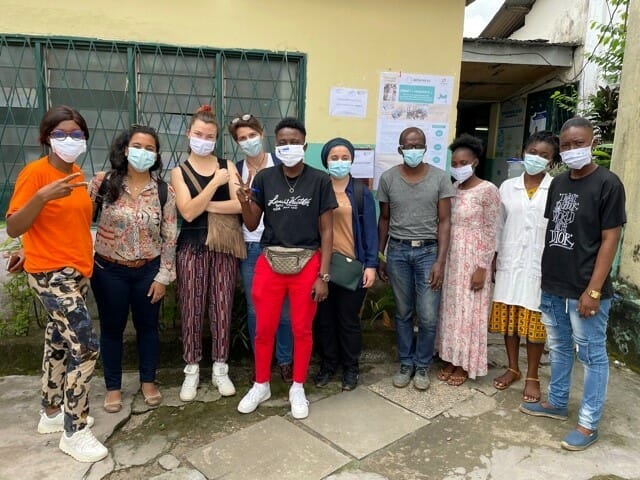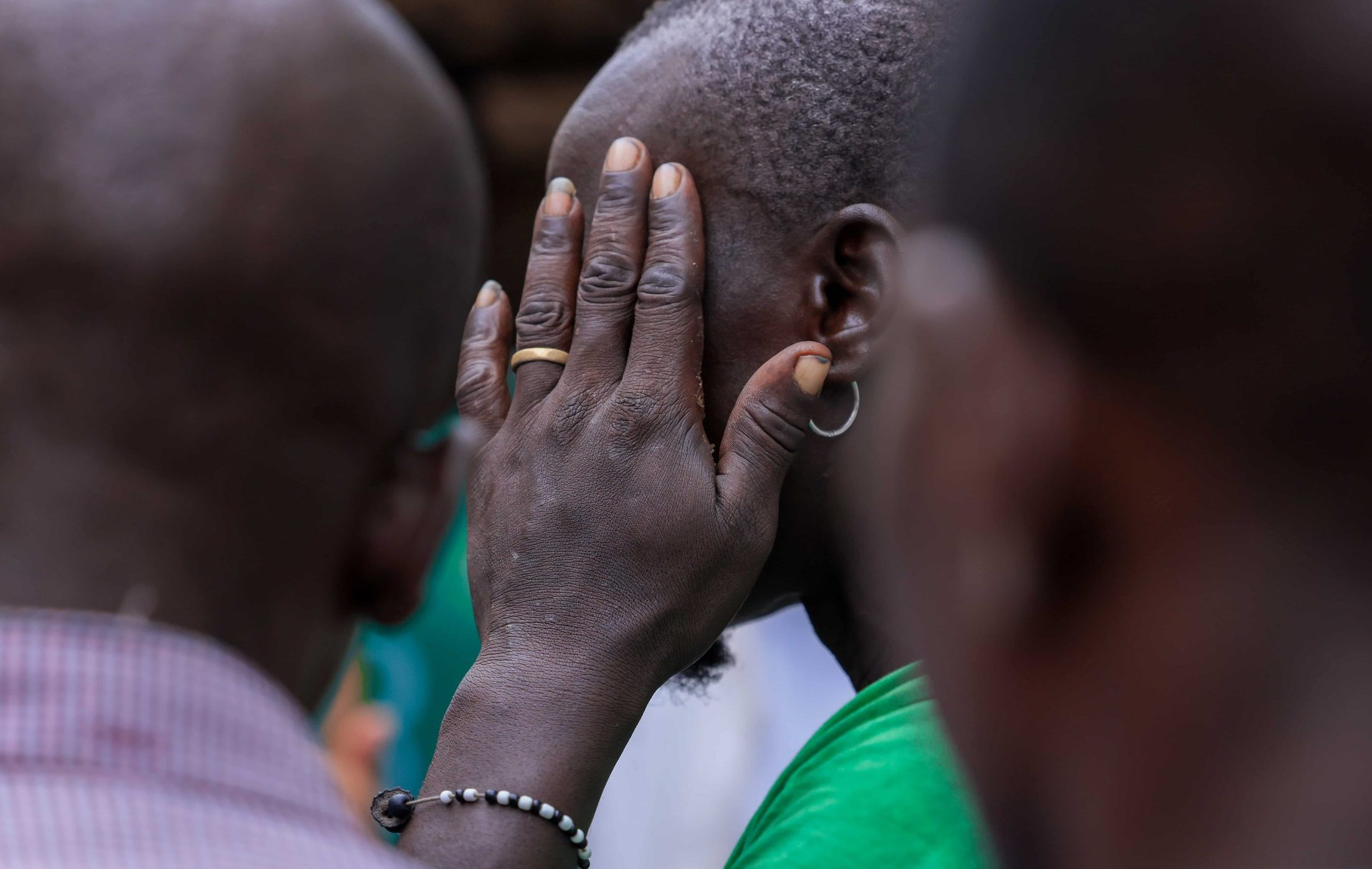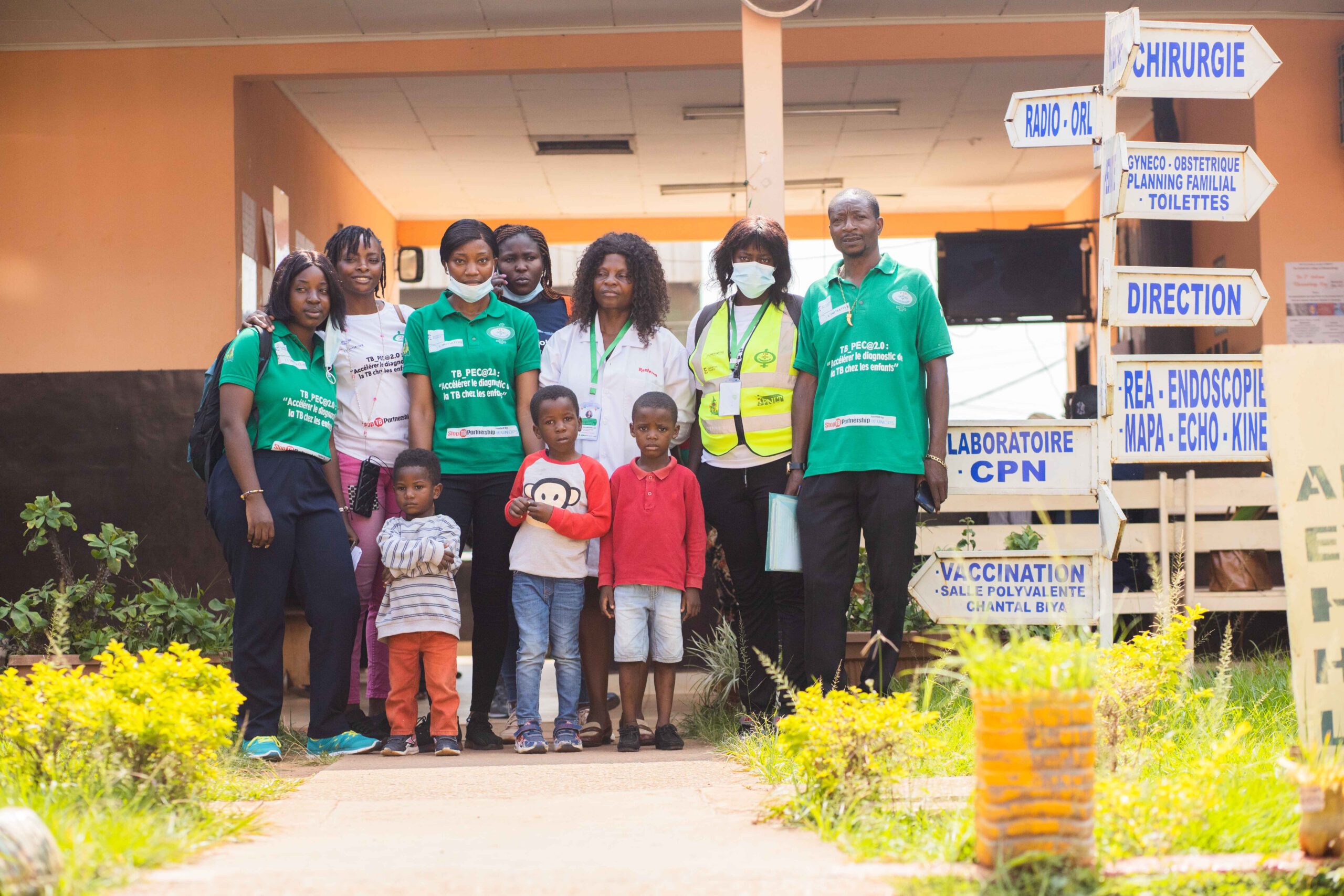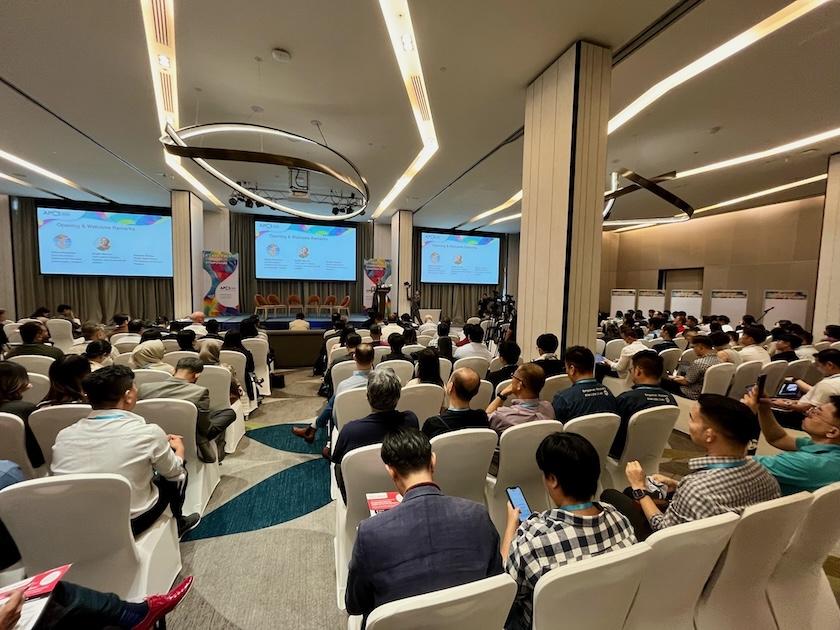The key role of communities in integrating the “One Health” approach into pandemic prevention and response
Protecting health today requires viewing it through the lens of the interdependent relationships between humans, animals, and the environment — the essence of the “One Health” approach. This is why L’Initiative is deeply committed to strengthening the capacities of communities — key actors at the heart of pandemic prevention and response — in applying the “One Health” approach and addressing issues related to climate change.
This article highlights the support provided by L’Initiative to the Asia-Pacific civil society advocacy network APCASO and to CIRAD within the framework of PREZODE.
Communities at the heart of action: amplifying the voices of the most vulnerable
Two decades of fighting HIV/AIDS, tuberculosis, and malaria have demonstrated the crucial role of community actors and civil society in pandemic prevention and response. The communities within the Global Fund ecosystem, strengthened and organized into robust networks, are now essential conduits for integrating the “One Health” approach and incorporating climate change issues into pandemic preparedness and response.
To this end, L’Initiative has supported the community network APCASO, a long-standing partner in Southeast Asia, to enable its members to participate in strategic discussions on health, social justice, equity, and human rights at the “Health and Climate” Symposium organized by the French Embassy in Bangkok in 2024.
Thanks to this support, community actors established the “Climate Justice and Health” advocacy network, emphasizing the need to include vulnerable populations — the first to be affected by climate change — in pandemic preparedness and response.
Read the APCASO position paper about climate health and justice
“We need to advocate for voices and demands of the most affected communities to be heard in decision making spaces to ensure a successful strategy for preparedness and response that addresses the interconnected nature of climate change.”
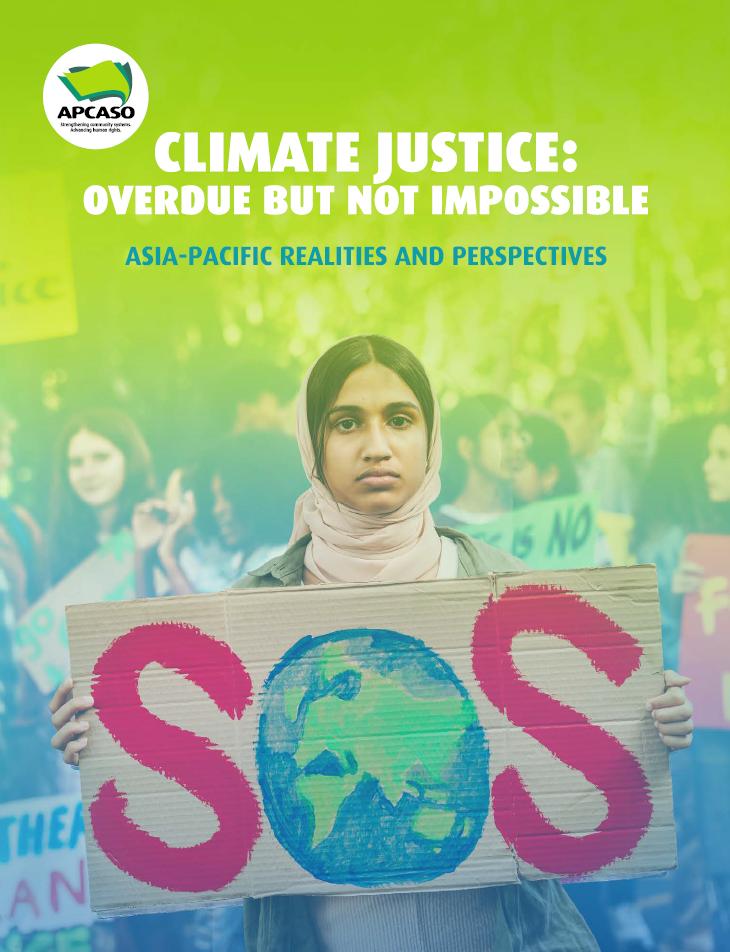
Training communities in the “One Health” approach to strengthen pandemic response: a shared goal for L’Initiative and PREZODE
A unique collaboration between CIRAD and L’Initiative has been launched to raise awareness among civil society organizations and community groups within the Global Fund ecosystem about the “One Health” approach and to foster the exchange of experiences. This partnership aligns with the goals of PREZODE (Preventing Zoonotic Risks and Pandemics), an international initiative bringing together nearly 250 members. Funded by AFD with €30 million and implemented by French research institutes, including CIRAD, PREZODE aims to prevent the emergence of zoonotic and pandemic risks.
L’Initiative and PREZODE share a holistic vision that places communities at the center of pandemic preparedness and response. L’Initiative has therefore supported the participation of CIRAD researcher-trainers in webinars and training sessions for community actors within the Global Fund, as well as a situational analysis led by CIRAD on the involvement of these actors in “One Health” activities across Francophone Africa.
Existing community networks funded by the Global Fund were mobilized to disseminate awareness and training activities — notably the RAME hub for Francophone Africa, EANNASO for Southern Africa, and the COPPER program, which specifically aims to strengthen community participation in pandemic prevention and response.
This support for community training complements three other capacity-building initiatives on the “One Health” approach supported by L’Initiative during the 2023–2025 cycle: a “Climate Change and Malaria” training in Rwanda for 19 Sub-Saharan African countries; a field epidemiology training for human, animal, and environmental health professionals from ten West African countries; and a medical entomology training in collaboration with the Institut Pasteur and the Pasteur Institutes of Côte d’Ivoire and Tunis.
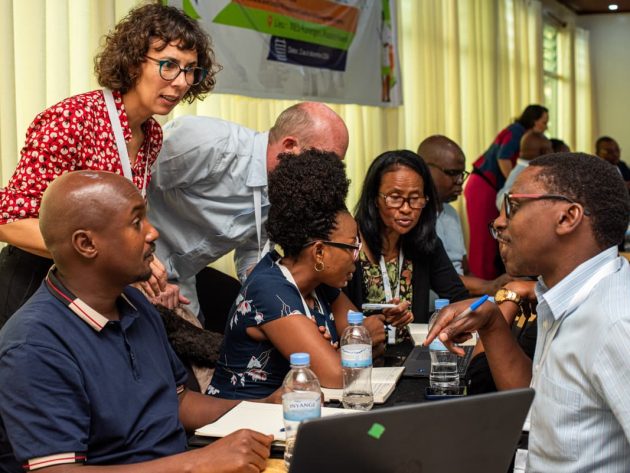
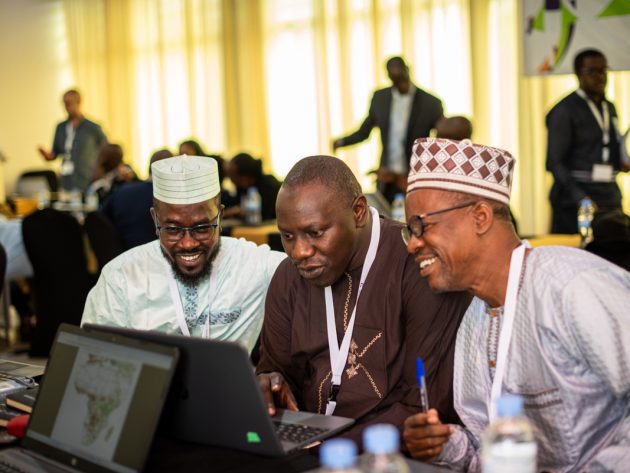
Support provided to CIRAD and APCASO reflects L’Initiative’s unique, community-rooted approach. It underscores the importance of amplifying the knowledge and advocacy of the most vulnerable populations to strengthen their capacity to respond to pandemics. Combining a participatory approach — involving civil society, research institutes, universities, and governments — with a holistic “One Health” perspective that acknowledges the complex links between human, animal, and environmental health, enables the development of a coordinated and resilient response. These projects act as bridges across the living world. The progress they foster must be recognized, scaled up, and sustained.
The climate is changing, and so is malaria
Listen to our podcast : 5 episods to understand everything about the links between climate change and the pandemic.
